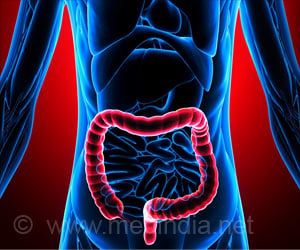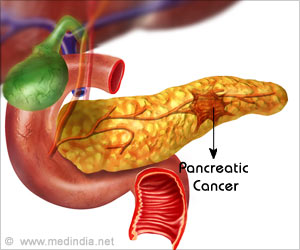
‘Oral bacteria may increase the risk of pancreatic cancer. However, rinsing the mouth with an antibacterial agent and ensuring good oral hygiene can help reduce the risk of transferring oral bacteria to the pancreas.’
Read More..Tweet it Now
According to the researcher, the results can help to reappraise the role of bacteria in the development of pancreatic cysts. If further studies show that the bacteria actually affects the pathological process, it could lead to new therapeutic strategies using antibacterial agents. Read More..
"We were surprised to find oral bacteria in the pancreas, but it wasn't totally unexpected. The bacteria we identified has already been shown in an earlier, smaller study to be higher in the saliva of patients with pancreatic cancer," said co-author Margaret Sallberg Chen from the Karolinska Institutet in Sweden.
Not all pancreatic tumors are cancerous. For instance, there are so-called cystic pancreatic tumors (pancreatic cysts), many of which are benign. A few can, however, become cancerous, the researcher said.
"We find most bacteria at the stage where the cysts are starting to show signs of cancer," Chen said.
"What we hope is that this can be used as a biomarker for the early identification of the cancerous cysts that need to be surgically removed to cure cancer..." she added.
Advertisement
The results showed that the fluid from the cysts with high-grade dysplasia and cancer contained much more bacterial DNA than that from benign cysts.
Advertisement
They found large variations in the bacterial composition between different individuals, but also a greater presence of certain oral bacteria in fluid and tissue from cysts with high-grade dysplasia and cancer.
Source-IANS















